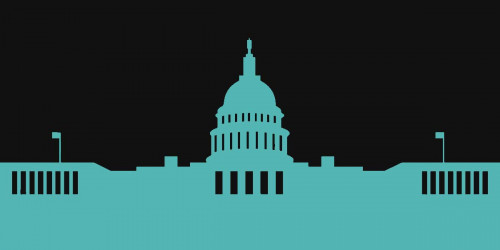Governments around the world are pressuring websites and social media platforms to publish or censor particular speech with investigations, subpoenas, raids, and bans. Burdensome investigations are enough to coerce targets of this retaliation into following a government’s editorial line. In the US, longstanding First Amendment law recognizes and protects people from this chilling effect. In an amicus brief filed July 23, EFF, along with the Center for Democracy and Technology and other partner organizations, urged the Ninth Circuit Court of Appeals to apply this law and protect Twitter from a retaliatory investigation by Texas Attorney General Ken Paxton.
After Twitter banned then-President Trump following the January 6 riots at the U.S. Capitol, Paxton issued a Civil Investigative Demand (CID) to Twitter (and other major online platforms) for, among other things, any documents relating to its terms of use and content moderation practices. The CID alleged "possible violations" of Texas's deceptive practices law.
The district court allowed Paxton's investigation to proceed because, even if it was retaliatory, Paxton would have to go to court to enforce the CID: Twitter had to let the investigation play out before it could sue. But as our brief says, courts have recognized that “even pre-enforcement, threatened punishment of speech has a chilling effect.” You don't have to wait to go to court when your free expression is inhibited.
Access to online platforms with different rules and environments generally benefits users, though the brief also points out that EFF and partner organizations have criticized platforms for removing benign posts, censoring human rights activists and journalists, and other bad content moderation practices. We have to address those mistakes, but not through chilling government investigations.











